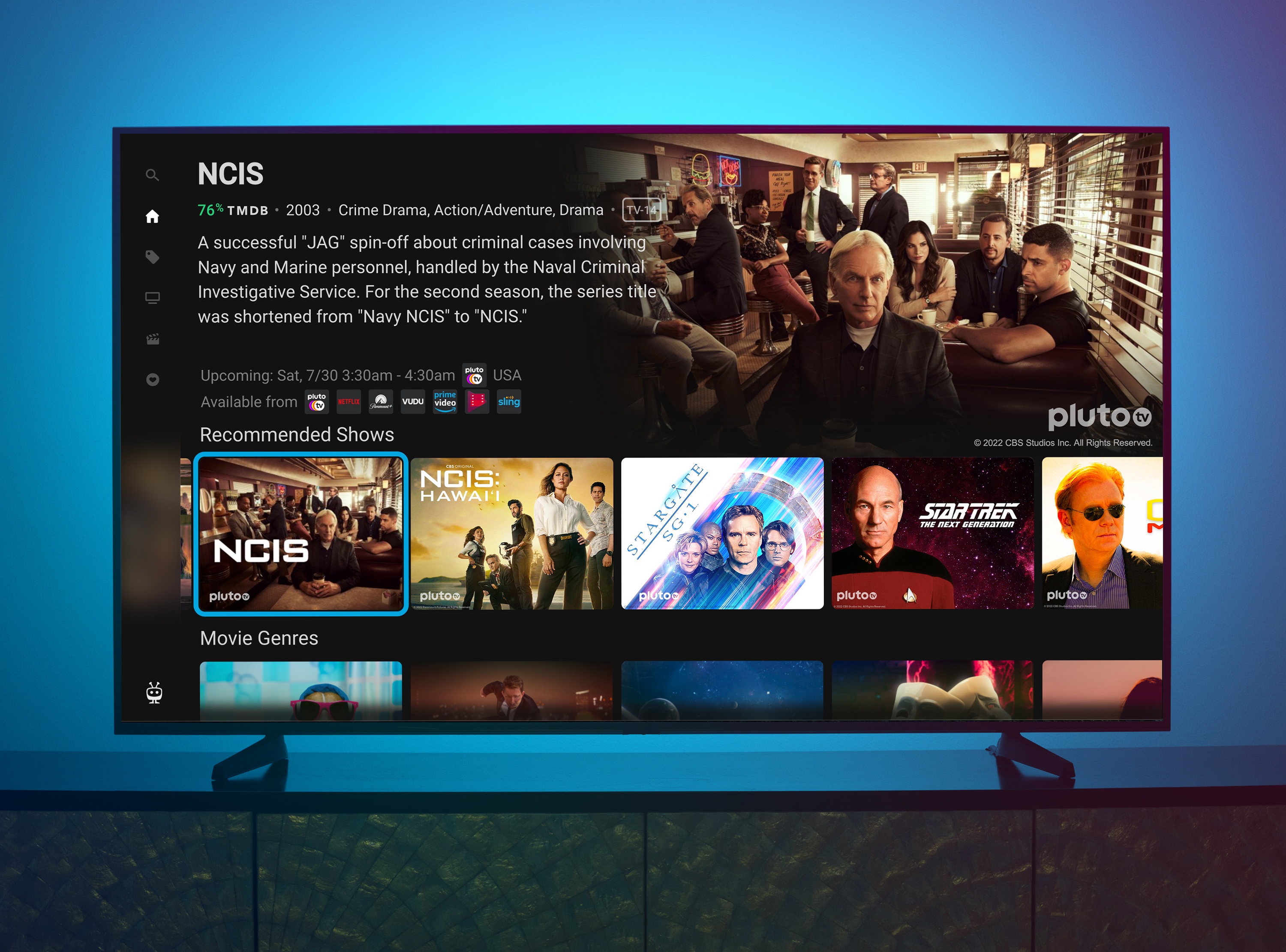Xperi IDs Europe's Vestel as the First Smart TV OEM Customer for Its New TiVo-Branded TVOS
Istanbul-based Vestel, Europe's largest TV supplier, is already using video software from recent Xperi acquisition Vewd

The smarter way to stay on top of the streaming and OTT industry. Sign up below.
You are now subscribed
Your newsletter sign-up was successful
Xperi Corp. has revealed the name of the first smart TV OEM for its new TiVo-branded TVOS -- it's Istanbul, Turkey-based Vestel, Europe's largest TV set supplier.
That the big reveal turned out to be Vestel, which manufacturers TVs under popular Japanese brand names, including Toshiba, Panasonic and JVC, probably isn't a surprise to many industry watchers.
Vestel already carved out an agreement 11 months ago with Oslo, Norway-based video software maker Vewd to license Operator TV, which allows its smart TVs to function in pay TV ecosystems sans set-top box.
Vewd was just purchased in early July by Xperi for $109 million.
"We're in a unique position to really put a product in the marketplace that meets [OEM] customer requirements, but is also best-in-class in terms of user experience," Xperi products chief Geir Skaaden told Next TV in a phone interview conducted late last week.
Vestel will begin deploying its branded TVs using TiVo software as the main operating system in the middle of next year, Xperi said. You can see a sizzle reel for Xperi's new TiVo connected TV operating system here.

Of the roughly 185 million smart TVs sold annually, Skaaden explained, around 100 million of those go into "high-quality" ad markets in places like North America and Western Europe.
The smarter way to stay on top of the streaming and OTT industry. Sign up below.
Skaaden continued to hammer home points he'd made in an earlier interview with us right after the Vewd acquisition in early July:
For one, smart TV manufacturers, particularly tier 2 rank and smaller, are increasingly looking for ways to bypass the hegemony of third-party TVOS giants Roku, Amazon Fire TV and Google TV/Android TV.
These relationships, he said, often consume the brand identity of the manufacturer's TV sets, an important asset in which the TV often serves as a low-margin, or even loss-leader device, sold primarily to gain a customer relationship foothold for sales of higher margin refrigerators, washing machines and other consumer electronics products down the road.
That calculus becomes more difficult when the consumer believes they have a "Roku TV" and has no idea who the actual manufacturer is.
"That's why we say our TVs are powered by TiVo, they're not TiVo-powered TVs," Skaaden said.
Xperi estimates that 40% of TV manufacturers are searching for such a flexible solution that circumvents the "walled gardens" they're being run into.
The issue of controlling the customer relationship becomes compounded when elements like data collection and advanced advertising are considered -- especially with total connected TV advertising spending expected to quadruple in girth to $48 billion by 2027. The TiVo TVOS, Skaaden said, will provide a customizable Linux based solution that will deliver far more user control to the OEM.
Using the brand name it acquired with its $3 million purchase of TiVo nearly three years ago, Xperi believes it can solve a key pain point for CE manufacturers that lack the wherewithal to create their own TVOS, as the largest makers like Samsung and LG do.
"You need scale, you need reach, and you need the content partnerships," Skaaden said. "We’ve been in the [video] business for over 20 years, and we have all those relationships."
Is Xperi getting started too late?
No, said Skaaden, adding, "We've seen this movie before of becoming too dependent on one or two companies in the smart phone industry.
"Billions of devices have been sold, but everyone who has made phones, including Samsung, has had a hard time making an economic profit," he noted. "All the profit has gone to Apple and Google. ... And we believe people are going to be reluctant to throw their hat in the ring wit these big [TVOS] platforms."
TiVo said it's ambitions are further aided by the fact that 30 million consumers worldwide already use its video software, most of via pay TV channels.
Daniel Frankel is the managing editor of Next TV, an internet publishing vertical focused on the business of video streaming. A Los Angeles-based writer and editor who has covered the media and technology industries for more than two decades, Daniel has worked on staff for publications including E! Online, Electronic Media, Mediaweek, Variety, paidContent and GigaOm. You can start living a healthier life with greater wealth and prosperity by following Daniel on Twitter today!

